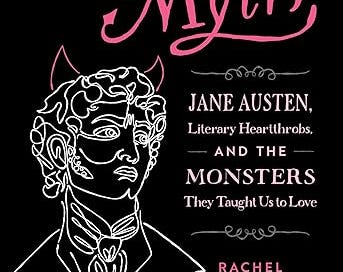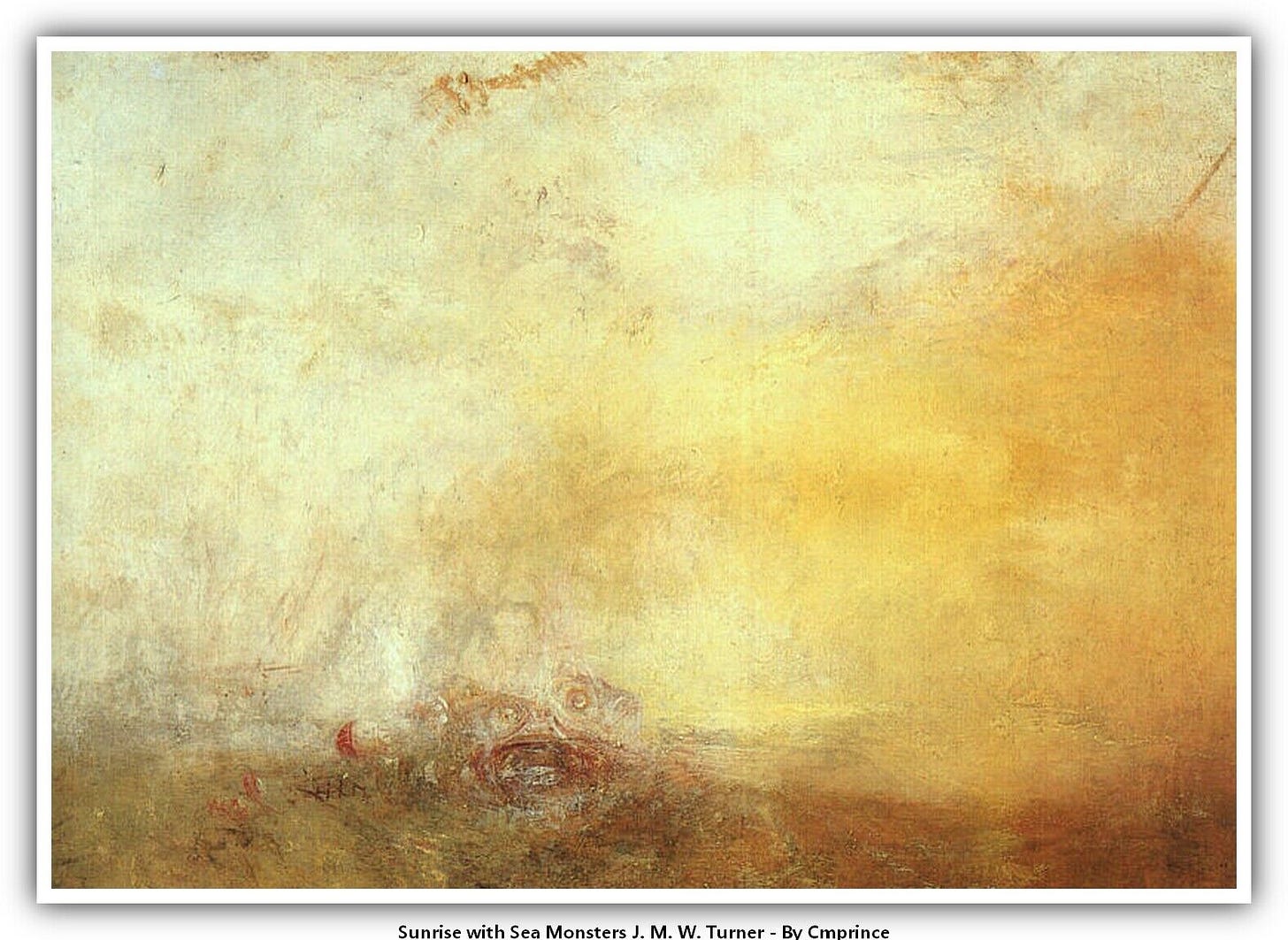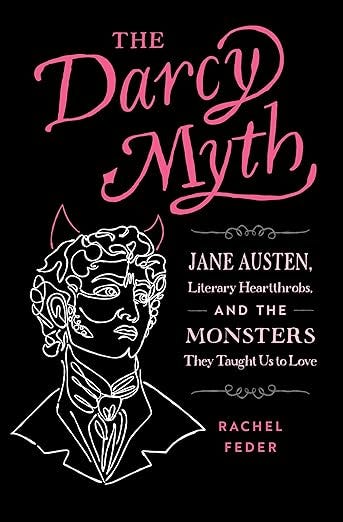The XO Interview: Rachel Feder
Chatting with the author of The Darcy Myth: Jane Austen, Literary Heartthrobs, and the Monsters They Taught Us to Love
Confession: I have never been a great fan of Mr. Darcy—either the original or all the all the other heroes based on him, even though I tried writing my own Darcy hero. I have felt very alone in my meh feelings toward him until I read The Darcy Myth: Jane Austen, Literary Heartthrobs, and the Monsters They Taught Us to Love by Rachel Feder. It’s the most interesting interpretation of the phenomenon that was and is Darcy.
As a professor of English Literature, Feder “ruins Pride and Prejudice” for her students every year, in part by reading the book in the context of the Gothic literature Jane would have been very familiar with while writing. And the results are fascinating. Darcy as a monster? Marriage as a horror story? It’s all there and Rachel Feder helps us see it. We chatted about Darcy (of course), Beauty and the Beast and why Dirty Dancing is the best.
You’re an expert in British Literature and a college English professor. What was the book that got you hooked on this “genre” or area of study?
Nineteenth-century British literature was a slow burn for me! I actually think it was a painting, not a book, that got me hooked on this historical period: Turner’s “Sunrise with Sea Monsters.” I saw it in Chicago when I was 21, and it changed my life.
It’s easy to draw a line from Pride and Prejudice to the romance genre today, especially when it comes to Darcy as a model for so many of our heroes. Your book is a lesson in why romance novelists shouldn’t keep doing that if we want to model healthy relationships in a modern world and smash the patriarchy. What is the Darcy myth and why is it so dangerous?
The Darcy Myth is a story that gets ingrained in us since girlhood. It’s basically Beauty and the Beast: your great love may seem cruel, indifferent, or even monstrous at first, but you can change him, and his love is more valuable because it has to be earned. We imbibe this story from Jane Austen, but we forget that she was doing something much more complicated when she invented Darcy—that her love stories are also warnings about how dangerous love can be. I think we can still enjoy these types of plots, but it’s so important to take them with a grain of salt! The idea that a beast will turn into a prince is just a fantasy—escape from the castle, or you just might find yourself stuck with a beast.
I loved your reading of P&P as a Gothic novel (particularly your fascinating and redeeming interpretation of Mrs. Bennet). How is Darcy a Gothic and problematic hero?
Look at it from Lydia Bennet’s perspective: she runs away at fifteen with a serial predator she’s convinced loves her and wants to marry her. (Both Darcy and Lizzy knew he was a predator, but nobody bothered to warn her!) Once she’s slept with Wickham, Lydia’s chances of marrying well, or even participating in polite society, are ruined—so it makes sense that she doesn’t want to leave the guy she’s fallen for with Darcy, an icy man she barely knows. So Darcy pays Wickham to marry Lydia. Sure, he swallows his pride and makes her teenage dreams come true—but he also chains Lydia to a predator, all so he can marry her sister without sacrificing his brand.
In most readings of P&P, we see Darcy’s involvement to get Lydia and Wickham wed as heroic. Her reputation is saved! The family’s reputation is saved! But you have a very different reading of it that makes me think it would have been more romantic if the Bennet family’s reputation wasn’t saved at all and Darcy and Elizabeth married anyway? Can you elaborate?
Darcy doesn’t need to uphold the social order—he’s independently wealthy and absolutely upper-crust. If he wanted to, he could marry Lizzy, buy her family’s estate for them, and give Lydia options and the chance to consider them. But no matter how much power and privilege Darcy has, he’s still bound by the rules of the game. If he hadn’t found Wickham—if he hadn’t saved the family’s reputation—would he have married Elizabeth anyway?
In your book, you share a beautiful interpretation of the movie Dirty Dancing and how it is a much better story for us to model. Can you share the short version of that?
I love Dirty Dancing! I think we need more stories that center individual choice and community care. It’s wonderful that Baby’s father admits that he was wrong, but Baby’s happiness doesn’t depend on her ability to change a man’s mind. She pursues love, stands up for the people she cares about, and leverages her privilege to help others make their own choices.
Who do you think is a better Jane Austen hero than Darcy?
I’m sure some folks would want me to say Captain Wentworth and some would put in a word for silly goose Henry Tilney. But the truth is that Darcy is the Darciest Darcy that ever Darcied. I don’t think we necessarily need to choose a new romantic hero to lionize. Rather, I think the key is to pay attention to how the stories we consume shape our perspective on reality. You can love Darcy without assuming that guy who isn’t texting you back is your Darcy.





I'm having trouble beliving this woman is an expert. Darcy can't buy an entialed estate, no one can. Darcy gave Lydia options, he tried to get her away. He probably hated the end result as much as the rest of us!
This is absolutely true across many areas of the romance spectrum. When I look back at the romances that I read as a young woman in the late ‘70’s and early ‘80’s, I’m appalled. I can’t blame my bad marriages on romance novels, but the idea that an emotionally unavailable man will somehow change enough to be part of a happy marriage is one that I wish I hadn’t bought into. It makes me very happy to read modern romances where the male characters are capable of healthy communication and overt affection even outside of bed.